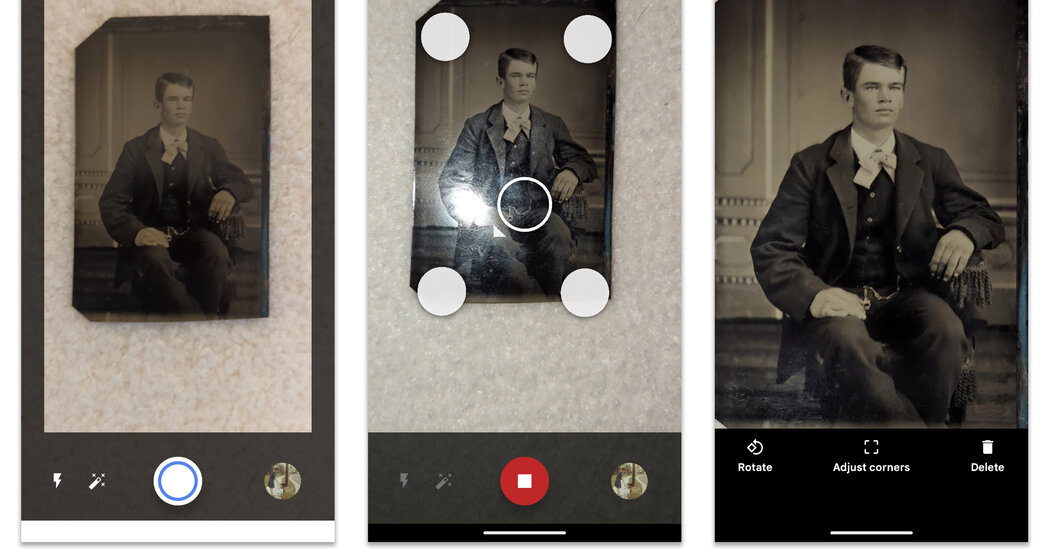Everyday tools and free apps on your mobile device can help you collect, translate and digitize new material for your family-tree files.
Spending time in graveyards and libraries may not be everyone’s idea of summer fun, but for those interested in finding their roots, collecting information about one’s ancestors is a “family” vacation. Sure, genealogy sites have made researching one’s ancestral history much easier with digitized document archives, family-tree-building software and community forums. But not everything is online.
As you visit libraries, archives and cemeteries in pursuit of your roots, keep your smartphone or tablet at hand — it can help with translation tools, document scanners and more. Here are a few tips that can make your research trips more efficient.
Decipher Text
Old newspapers, religious registries, grave markers and official government documents (either preserved in an analog archive or digitized online) can be invaluable resources for getting information about your ancestors. However, not every source may be in a language you know.
Google Lens (available as an Android app or within the Google app for iOS) can isolate the words in an image and offer an onscreen translation. You can also copy the isolated text into a note or document.
